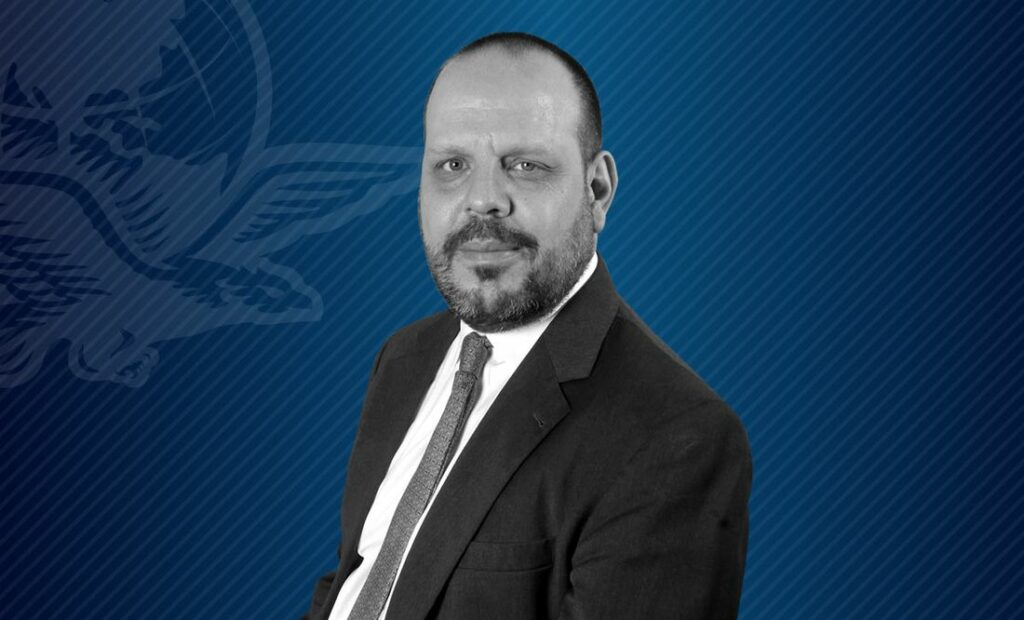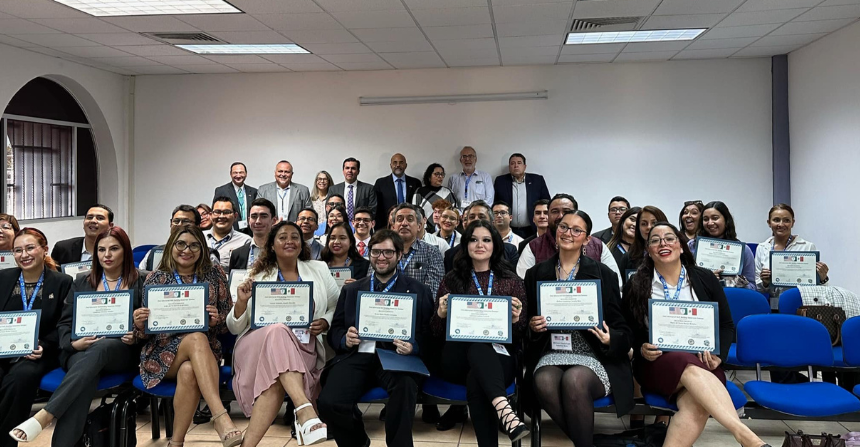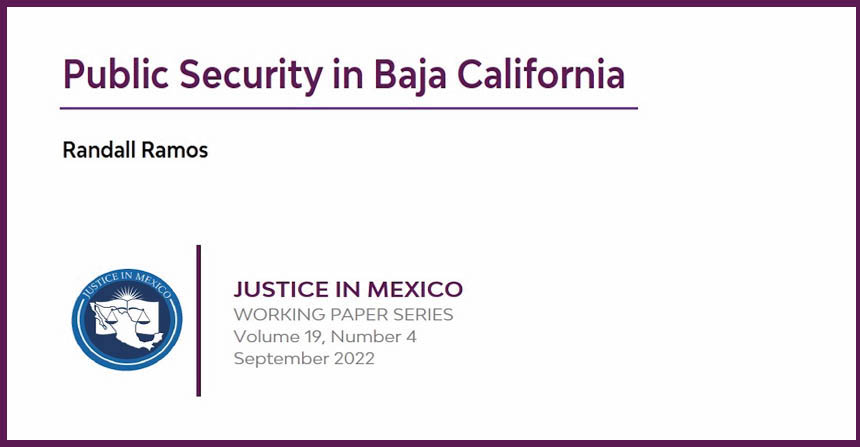
07/19/12 (by cmolzahn) – According to a 335-page U.S. Senate report released July 16, Mexican drug cartels used the international bank HSBC to launder money through the United States. The report, titled U.S. Vulnerabilities to Money Laundering, Drugs, and Terrorist Financing: HSBC Case History and released by the Senate Permanent Subcommittee on Investigations, claims that the bank was also used by Saudi Arabian banks with terrorist ties and by Iranians seeking to avoid U.S. sanctions. To read the full version of the Senate report, click here.
While the report does not allege that the bank knowingly allowed the flow of illicit funds, it faults HSBC as well as regulators in the Office of the Comptroller of the Currency (OCC) for lax controls that allowed the bank’s Mexican affiliate HBMX to move cartel proceeds through its U.S. counterpart between 2002 and 2009. During 2007 and 2008 alone, HBMX transferred $7 billion (USD) to its U.S. counterpart HBUS, making it the largest exporter of U.S. dollars to HBUS. Treasury Undersecretary for Terrorism and Financial Intelligence David S. Cohen told the Senate subcommittee that through electronic money transfers and remote deposits drug trafficking organizations were able to finance the purchase of aircraft for use in their operations. The U.S. Treasury Department itself also came under fire from the Senate subcommittee for its lack of oversight in the matter of possible money laundering through U.S. banks. In addition to the Senate investigation, the U.S. Justice Department said that a criminal investigation is underway into HSBC’s operations.
During the Senate hearings, the bank drew particularly harsh criticism from Subcommittee President Carl Levin, who said that HSBC’s lax controls were a “recipe for trouble.” Following the release of the report, HSBC’s chief compliance officer, David Bagley, announced that he would resign from his position, though he plans to remain at the bank. Irene Dorner, HSBC president and chief executive, apologized to the Senate subcommittee, “for the fact that HSBC did not live up to the expectations of our regulators, our customers, our employees, and the general public.” She said that changes are underway at the bank to improve the culture of transparency and accountability at the bank. This includes the closing of around 20,000 accounts in the Cayman Islands, which are managed by employees in Mexico. The operation does not have a physical presence in the Cayman Islands, in the form of offices or employees. The existence of the Cayman Islands operation was never made known to HSBC’s central operations. Nevertheless, the subcommittee report found that HSBC did know of particularly lax anti-money laundering standards at HBMX, and that Mexican authorities had warned the Mexican subsidiary at least twice of the likelihood of cartel money flowing through its accounts. While HSBC was the only bank under investigation, senators in the subcommittee made it clear that this report should serve as a caution to other international banks.
HSBC is not the first international bank to be implicated in money-laundering schemes by Mexican drug cartels. Last year, Wachovia bank was similarly accused of a lack of anti-money-laundering measures that allowed over $378 billion (USD) to be wire-transferred from Mexican “casas de cambio,” or currency exchange operations, beginning in 2004. A 22-month investigation by the U.S. Drug Enforcement Agency, and the Internal Revenue Service, among other agencies, also revealed that around $13 billion (USD) of the relatively unchecked funds were funneled through Wachovia by the Sinaloa cartel for purchase of aircraft to be used in transporting narcotics. (Read more about the initial accusations here). Wachovia was subsequently fined $50 million (USD) and forced to forfeit $110 million (USD), penalties totaling just 2% of the bank’s 2009 profits. Wachovia was acquired by Wells Fargo bank, which was also a recipient of U.S. taxpayer bailout funds in the midst of the 2008 global financial crisis. Last month, a horse breeding business in Arizona was dismantled after it was revealed that the Zetas’ second-in-command had used Bank of America accounts to funnel money into the business. U.S. prosecutors have not indicated any intent to bring charges against Bank of America. (Read more about the horse racing and money laundering scandal here).
Sources:
“HSBC used by ‘drug kingpins’, says US Senate.” BBC News. July 17, 2012.
Kane, Michael. “HSBC Exposed US to Mexican Drug Money: Senate.” Insight Crime. July 17, 2012.
Logan, Rebeca. “Historias de narcos, bancos y cuentas fantasma.” BBC Mundo. July 18, 2012.




